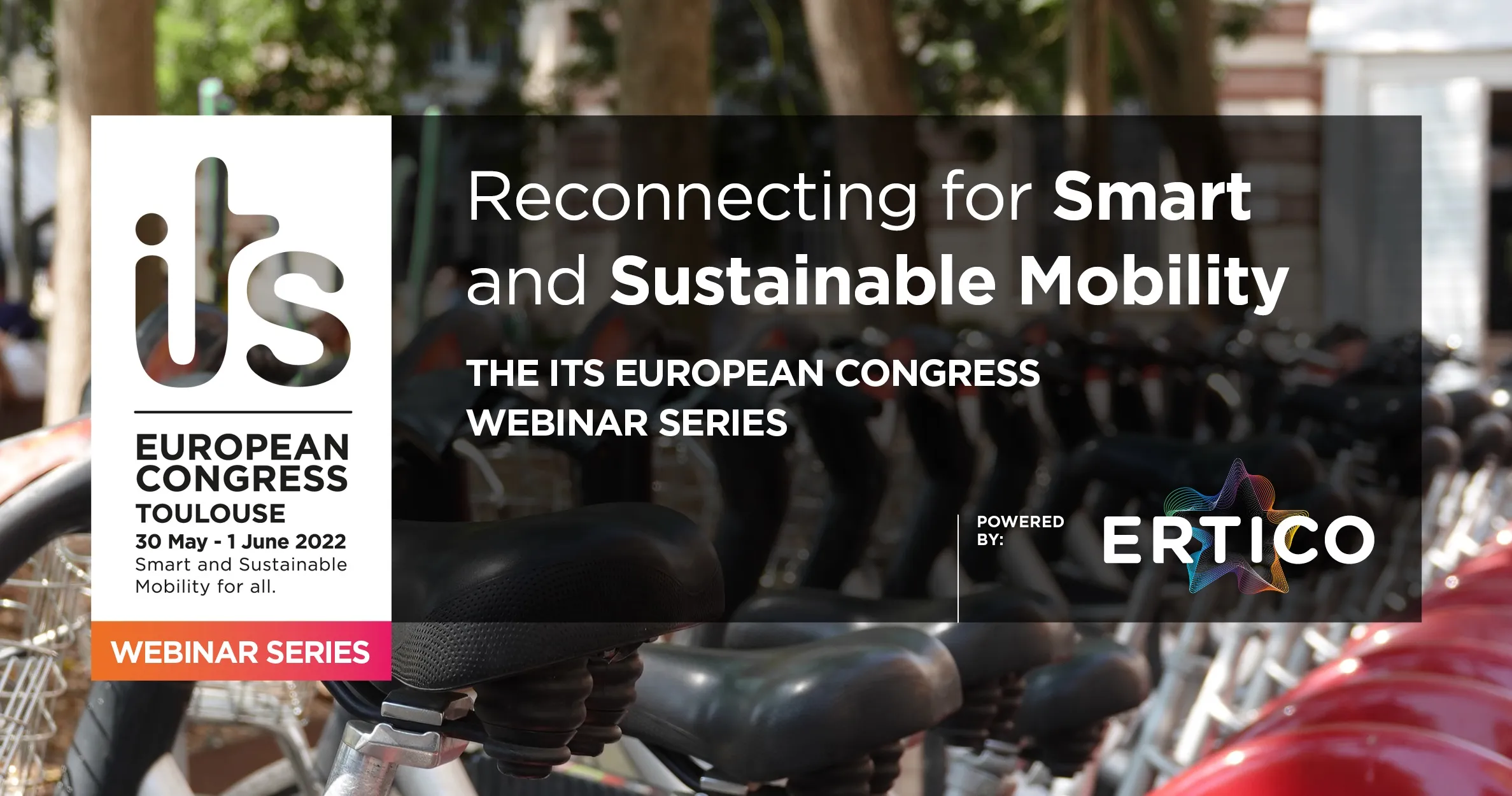The European Commission has announced the six finalists in two awards focused on raising awareness of and developing sustainable and environmentally-friendly approaches to mobility. The European Mobility Week (EMW) award scheme rewards the local authority deemed to have done the most in raising public awareness of sustainable mobility issues and implementing measures to achieve a shift towards sustainable urban transport. The winning city is chosen by an independent panel of transport experts who assess all
February 7, 2013
Read time: 3 mins
The 1690 European Commission has announced the six finalists in two awards focused on raising awareness of and developing sustainable and environmentally-friendly approaches to mobility.
The European Mobility Week (EMW) award scheme rewards the local authority deemed to have done the most in raising public awareness of sustainable mobility issues and implementing measures to achieve a shift towards sustainable urban transport. The winning city is chosen by an independent panel of transport experts who assess all eligible applications and shortlist ten local authorities which they consider to have performed outstandingly well. The winning city will be awarded the chance to work with a professional production company to film a three-minute promotional clip highlighting its achievements. Together with the other finalists and shortlisted cities, the winning city will also be promoted as an example of best practice. In 2012 the EMW Award saw thirty applications from fifteen countries.
The shortlisted cities vying for the 2012 EMW Award are: Budapest (Hungary); Gävle (Sweden); Krosno Odrzanskie (Poland); Larnaka (Cyprus); Leon (Spain); Ljubljana (Slovenia); Ostersund (Sweden); Sofia (Bulgaria); Vitoria Gasteiz (Spain); and Zagreb (Croatia). The three finalists are: Gavle, Ostersund and Zagreb.
The annual Sustainable Urban Mobility Plan (SUMP) award will be presented to cities and regions that show excellence in developing and implementing their sustainable urban mobility plans. SUMPs are devised by local authorities and define measures to tackle the urban mobility challenges of both today and the future. The theme of the 2012 award was stakeholder and citizen participation. The winning local authority is selected by an expert jury on the basis of the Award’s evaluation and eligibility criteria, and rewarded with EUR 10 000 to support local awareness-raising activities on sustainable urban mobility. The 2012 SUMP Award attracted 29 applications from 12 countries.
The three finalists for the first SUMP award are Aberdeen (UK), Ljutomer (Slovenia) and Toulouse (France).
With around 80 per cent of European citizens now living in towns or cities, issues such as urban liveability and the efficiency of the transport choices we make on a daily basis are of utmost importance. As such, European cities are leading the way in the effort to incorporate a greater focus on sustainability in urban mobility plans and awareness-raising activities.
European Commissioners Siim Kallas and Janez Potočnik will present the winners of both awards with their prizes at a joint awards ceremony in Brussels, Belgium on 6 March.
The European Mobility Week (EMW) award scheme rewards the local authority deemed to have done the most in raising public awareness of sustainable mobility issues and implementing measures to achieve a shift towards sustainable urban transport. The winning city is chosen by an independent panel of transport experts who assess all eligible applications and shortlist ten local authorities which they consider to have performed outstandingly well. The winning city will be awarded the chance to work with a professional production company to film a three-minute promotional clip highlighting its achievements. Together with the other finalists and shortlisted cities, the winning city will also be promoted as an example of best practice. In 2012 the EMW Award saw thirty applications from fifteen countries.
The shortlisted cities vying for the 2012 EMW Award are: Budapest (Hungary); Gävle (Sweden); Krosno Odrzanskie (Poland); Larnaka (Cyprus); Leon (Spain); Ljubljana (Slovenia); Ostersund (Sweden); Sofia (Bulgaria); Vitoria Gasteiz (Spain); and Zagreb (Croatia). The three finalists are: Gavle, Ostersund and Zagreb.
The annual Sustainable Urban Mobility Plan (SUMP) award will be presented to cities and regions that show excellence in developing and implementing their sustainable urban mobility plans. SUMPs are devised by local authorities and define measures to tackle the urban mobility challenges of both today and the future. The theme of the 2012 award was stakeholder and citizen participation. The winning local authority is selected by an expert jury on the basis of the Award’s evaluation and eligibility criteria, and rewarded with EUR 10 000 to support local awareness-raising activities on sustainable urban mobility. The 2012 SUMP Award attracted 29 applications from 12 countries.
The three finalists for the first SUMP award are Aberdeen (UK), Ljutomer (Slovenia) and Toulouse (France).
With around 80 per cent of European citizens now living in towns or cities, issues such as urban liveability and the efficiency of the transport choices we make on a daily basis are of utmost importance. As such, European cities are leading the way in the effort to incorporate a greater focus on sustainability in urban mobility plans and awareness-raising activities.
European Commissioners Siim Kallas and Janez Potočnik will present the winners of both awards with their prizes at a joint awards ceremony in Brussels, Belgium on 6 March.









